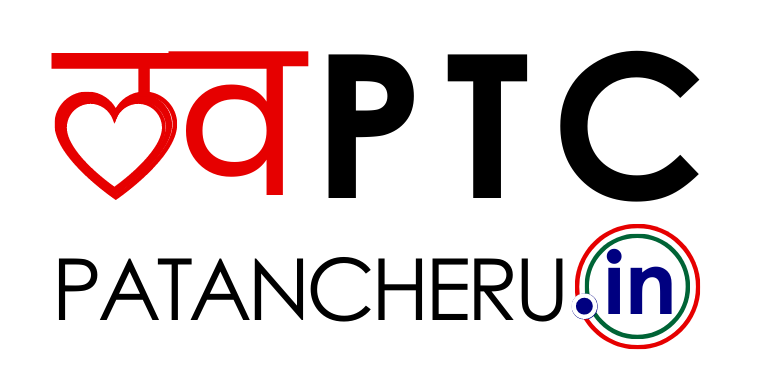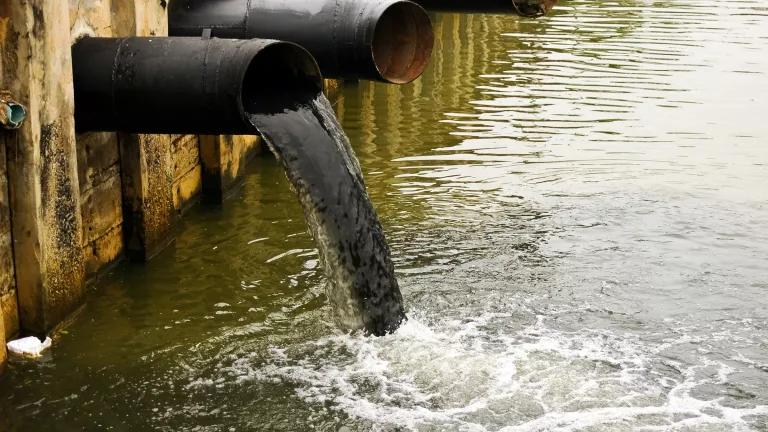The Telangana State Pollution Control Board (PCB) has shut down two battery recycling units in Isnapur, Patancheru, for discharging lead into open drains and surrounding areas. The PCB found that the units were operating without the mandatory ‘consent’ under the provisions of the Water (Prevention and Control of Pollution) Amendment Act and Air (Prevention and Control of Pollution) Amendment Act.
Lead is a heavy metal that is harmful to the environment and human health. It can cause a variety of health problems, including damage to the nervous system, kidneys, and reproductive system. It can also cause cancer.
The PCB’s action was taken following a complaint from the public about the pollution caused by the two battery recycling units. The PCB’s inspection found that the units were discharging lead-contaminated wastewater into open drains, which was then flowing into a nearby stream. The PCB also found that the units were not properly storing and managing their waste, which was posing a risk of lead poisoning to the workers and people living in the area.
The PCB has ordered the two battery recycling units to shut down until they have obtained the necessary consents and have put in place measures to prevent the discharge of lead into the environment. The PCB has also warned the owners of the units that they could face further action, including prosecution, if they do not comply with the orders.
The PCB’s action is a welcome step in protecting the environment and public health. However, it is important to note that this is just one of many battery recycling units in the state that are operating without the necessary consents and are polluting the environment. The PCB needs to take more stringent action against these polluters to prevent further damage to the environment and public health.
In addition to the PCB, there are other organizations that are working to address the problem of lead pollution from battery recycling units. The Central Pollution Control Board (CPCB) has issued guidelines for the safe operation of battery recycling units. The CPCB has also set up a helpline for people to report cases of lead pollution.
The World Health Organization (WHO) has also set standards for the safe levels of lead in the environment. The WHO recommends that the level of lead in drinking water should not exceed 10 micrograms per liter.
The closure of these two battery recycling units is a positive step, but it is important to remember that lead pollution is a widespread problem. There are many other industries that are also releasing lead into the environment. We need to continue to work to reduce lead pollution and protect human health.

